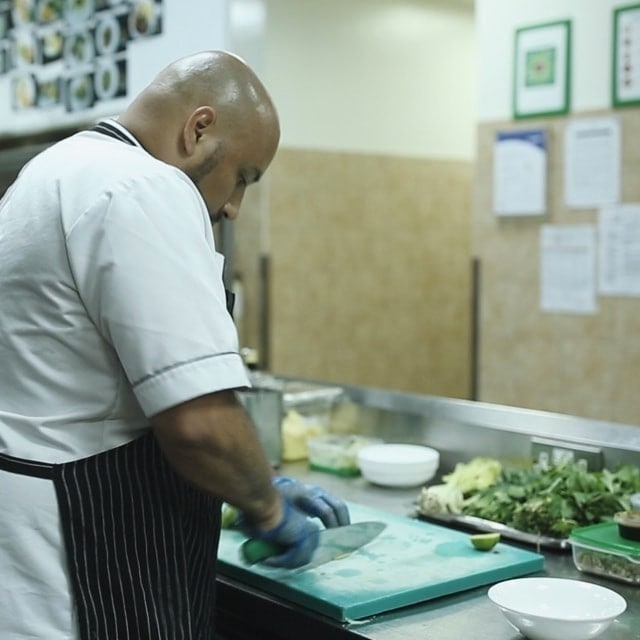Dining Experience
Tips on improving meal time experience for aged care residents
-
![Chicken Parmigiana Pie]()
Chicken Parmigiana Pie
Try this recipe using one of Australia’s most popular chicken dishes but combining it with another popular Aussie dish.
-
![Steamed Hoki, Parsley, White Wine Sauce]()
Steamed Hoki, Parsley, White Wine Sauce
A simple steamed fish brought to life with parsley and white wine sauce matched with sweet potato mash.
-
![CONTINENTAL Professional Instant Mashed Potato Gluten Free 7kg]() Order product
Order productCONTINENTAL Professional Instant Mashed Potato Gluten Free 7kg
Finely ground real potatoes for creamy smoothness everytime.
Order Now

















